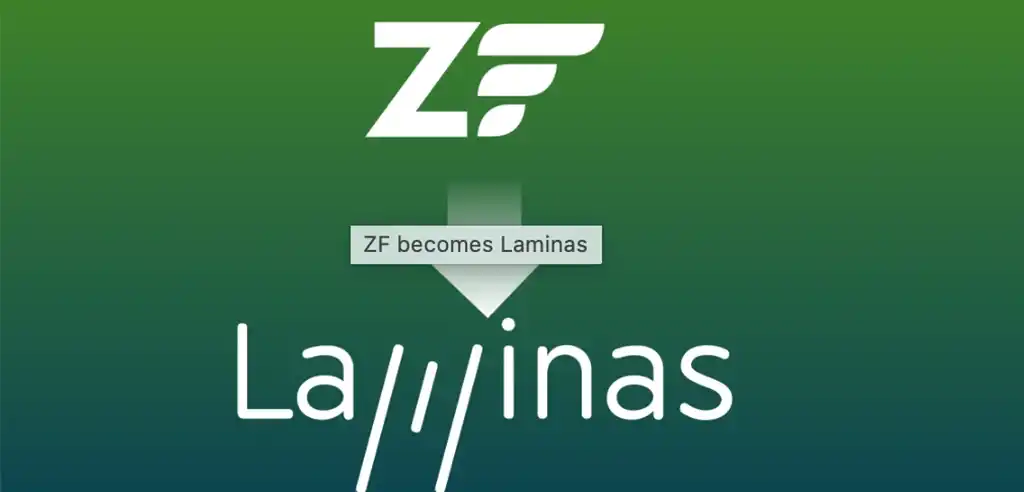
Today, Zend release a new version zend-db 2.9.0! This is Zend first new feature release in over 18 months, and contains 7 bug fixes, 6 new features, numerous unit test additions, and many documentation improvements.
zend-db is an important component of many PHP projects, and we know that its support is crucial for many people. As such, we allocated a number of weeks to triaging the various open issues and patches (more than 50) to ensure we would provide a stable release.
The release contains the following changes:
ADDED
#216 added AFTER support in ALTER TABLE syntax for MySQL.
#223 added support for empty values set with the IN predicate.
#271 added support for dash characters in MySQL identifiers.
#273 added support for implementing an error handler when used with db2_prepare.
#275 added support for LIMIT OFFSET for db2.
#280 added the version DSN parameter for the pdo_dblib extension.
FIXED
#205 fixes whitespace issues in ORDER BY syntax.
#224 fixes how parameters are bound to statements in the PDO adapter. PDO has a restriction on parameter names of
[0-9a-zA_Z_]; as such, the driver now hashes the parameter names using md5() in order to ensure compatibility with other drivers.
#229 fixes SSL support in the mysqli adapter.
#255 fixes an edge case when using ResultSet with array values (versus objects).
#261 fixes how the Firebird adapter attempts to retrieve the last generated value so as to prevent exceptions being raised.
#276 and #287 provide fixes to enable usage of the component with PHP 7.2.
We also dropped support for PHP 5.5 (EOL last year) and HHVM; zend-db 2.9 and above now only support PHP 5.6 and PHP 7+ releases.
FUTURE OF ZEND-DB
We are planning a 3.0 release of zend-db release sometime in 2018. This new major version will contain new features sucha as extended DDL support for different database vendors (currently, most support targets MySQL), and support for SEQUENCE. Additionally, that release will drop support for PHP versions older than 7.1.
If you want to contribute to zend-db, you are more than welcome! For more information, read the Zend Framework contribution guide.
